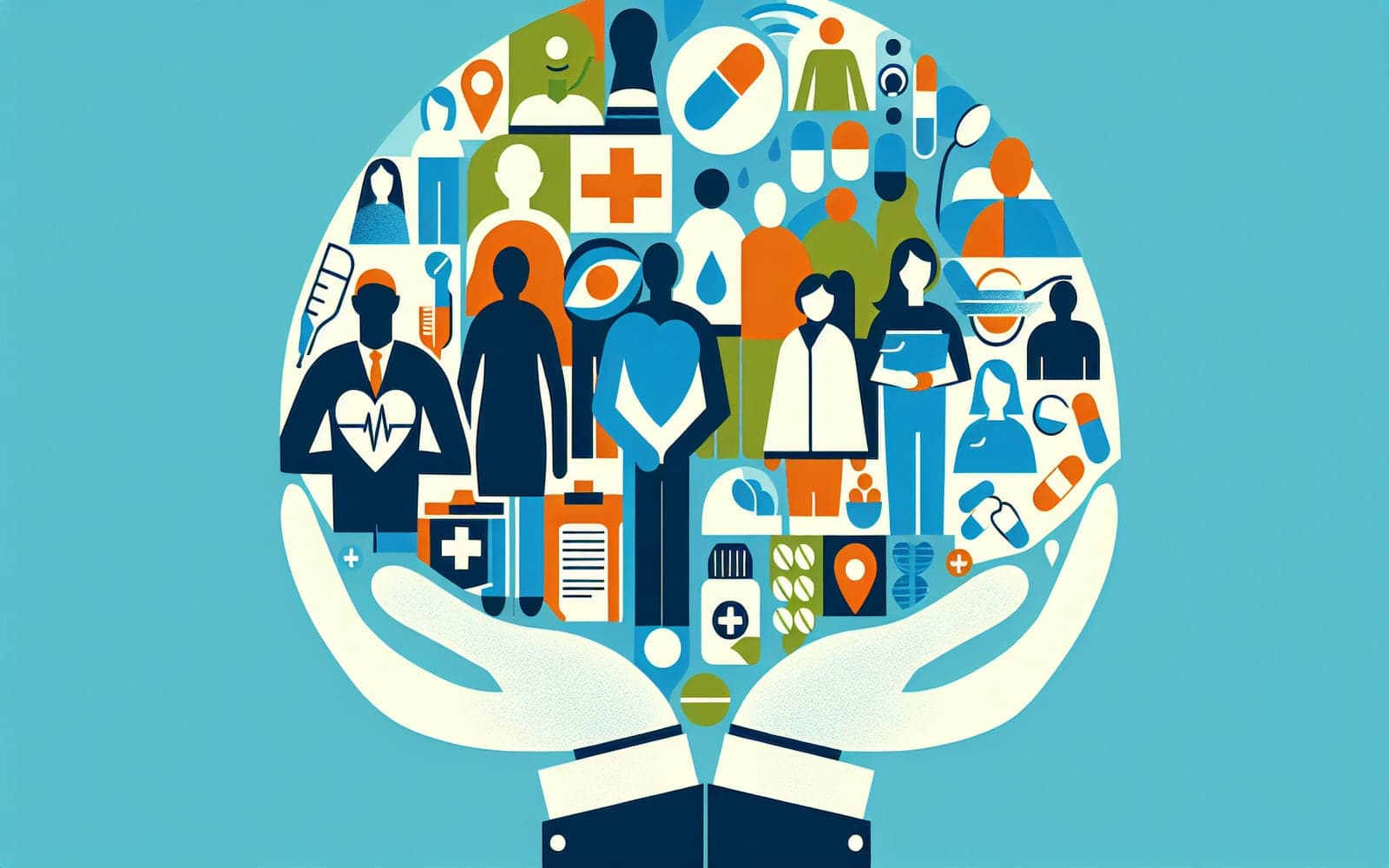Can We Prevent Acquired von Willebrand Syndrome?
Published: Sep 21, 2024
Preventing acquired von Willebrand syndrome (AVWS) involves managing risk factors and monitoring potential triggers. Here's how proactive measures can help reduce the risk of developing AVWS.
Contents
Managing Underlying Conditions
Addressing underlying health conditions that contribute to AVWS is key to prevention. Regular check-ups and effective management of diseases like lymphoma, autoimmune disorders, and cardiovascular issues can help maintain normal VWF levels and reduce the risk of AVWS.
Careful Use of Medications
Certain medications can affect VWF levels, so careful monitoring and consultation with healthcare providers are essential. Adjusting or avoiding medications known to impact VWF can prevent the onset of AVWS in susceptible individuals.

Monitoring High-Risk Patients
Patients with medical devices like LVADs or those undergoing procedures that increase shear stress should be closely monitored. Regular assessments of VWF levels can help detect early signs of AVWS, allowing for timely interventions to prevent bleeding complications.
Frequently Asked Questions
Managing underlying conditions and cautious medication use can help prevent AVWS.
Yes, some medications can impact VWF levels and increase AVWS risk.
Regular VWF assessments can help detect AVWS early in high-risk patients.
Key Takeaways
Preventing AVWS involves proactive management of health conditions and careful monitoring.
Want to learn more about preventing AVWS? Chat with Doctronic for personalized advice.Related Articles
References
Franchini M, Mannucci PM. Acquired von Willebrand syndrome: focused for hematologists. Haematologica 2020; 105:2032.
Tiede A, Rand JH, Budde U, et al. How I treat the acquired von Willebrand syndrome. Blood 2011; 117:6777.
Always discuss health information with your healthcare provider.

